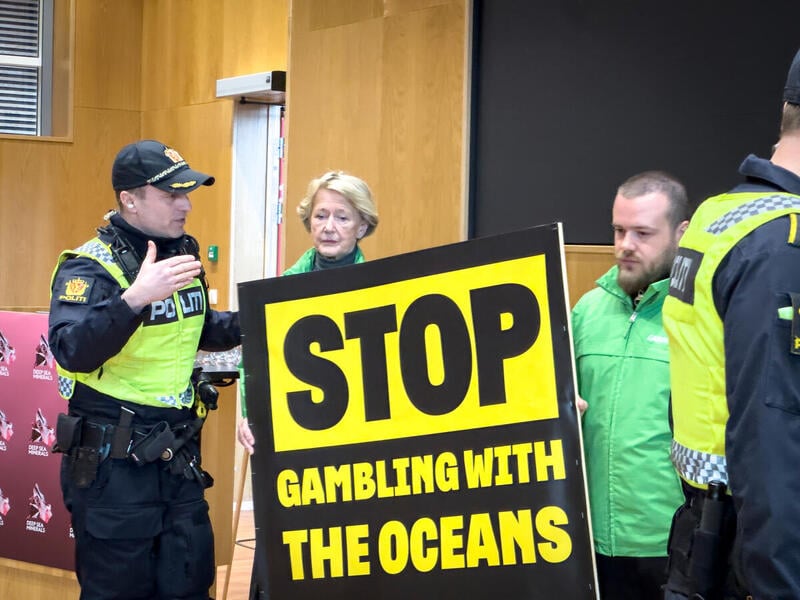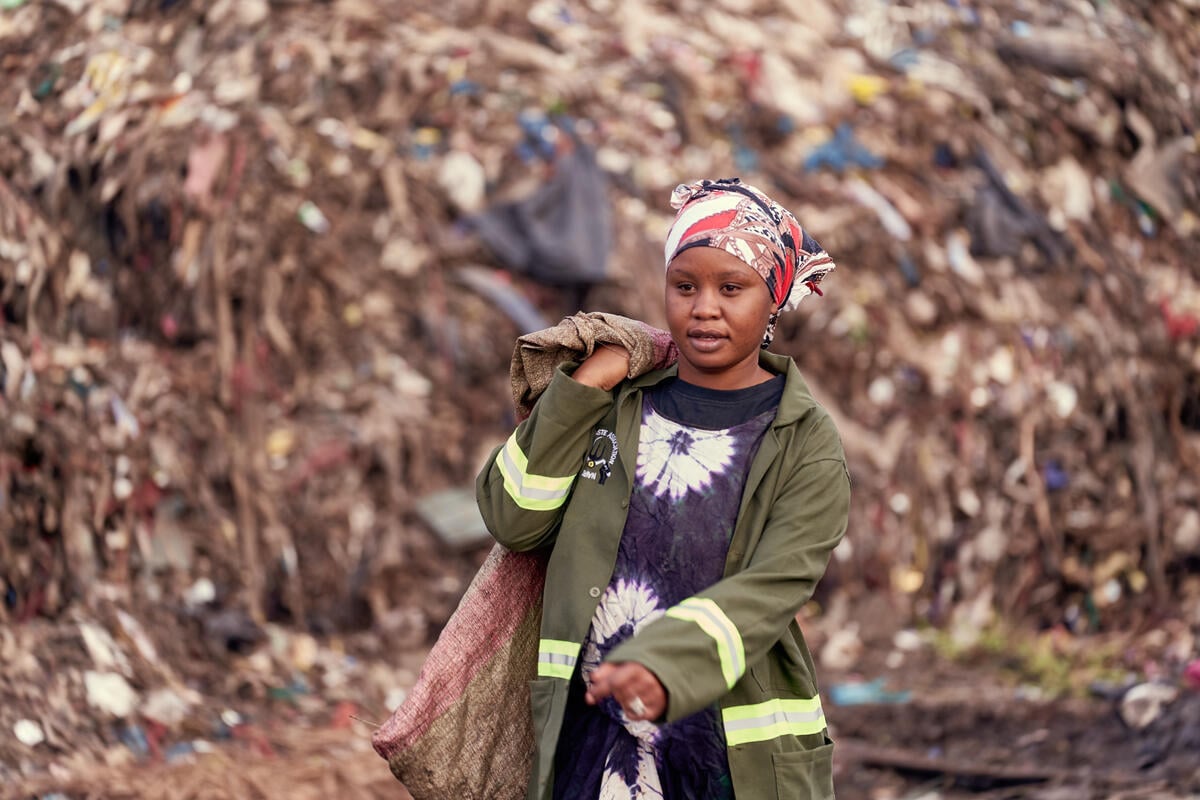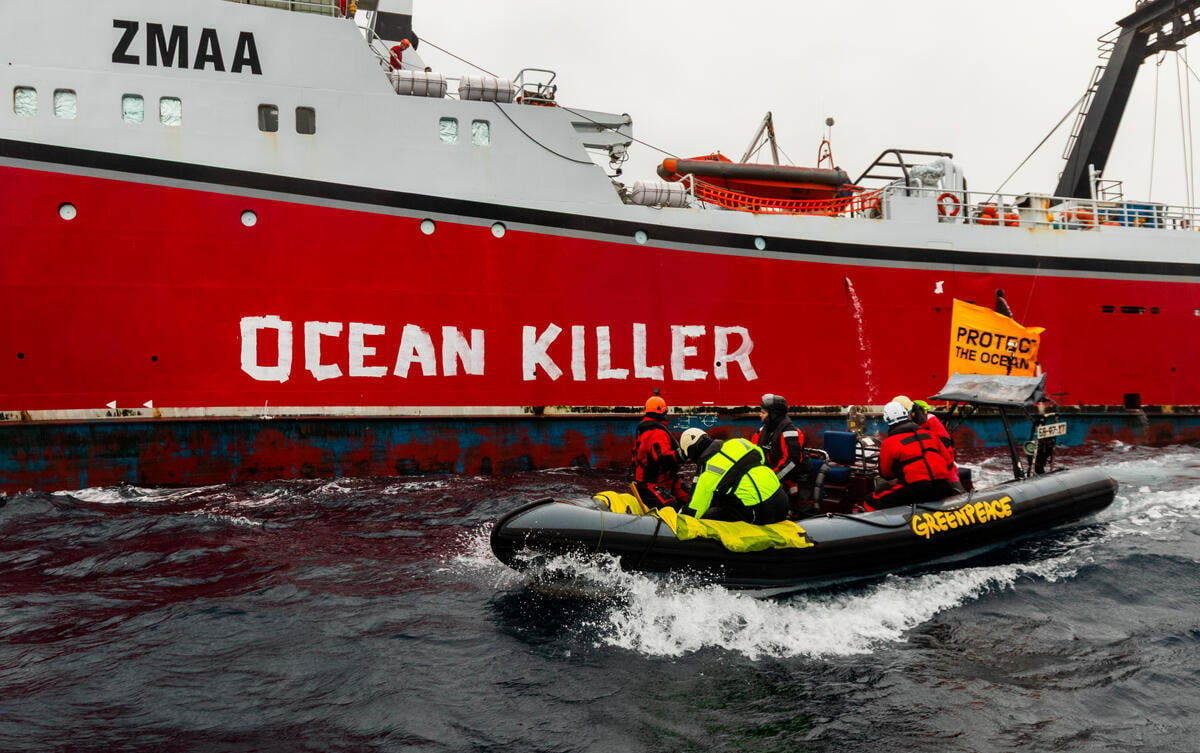Fast moving consumer goods (FMCG) corporations are a predominant force behind the throwaway economic model driving the plastic pollution crisis. This report looks to determine the degree to which FMCG commitments, actions and performance are addressing the environmental and social impacts of their plastic packaging and waste.
The plastic pollution crisis has become increasingly visible in recent years; shocking images of choked wildlife and piles of plastic waste in our communities and ecosystems have intensified public concern. Yet individuals might feel that it is almost impossible to avoid creating plastic waste, even when shopping for basic needs such as food. Whether we like it or not, the throwaway lifestyle is taking hold around the world – and most of the plastic packages that fill our bins and landfills, our communities, rivers and oceans come from large companies selling ‘fast-moving’ consumer goods. Forty percent of all plastics made in 2015 were used in packaging, the largest of all markets for plastics. The promotion of branded products – food, drink, cosmetics and cleaners – in one-way packaging, is one of the drivers of mass production, over-consumption and is significantly contributing to the plastic pollution crisis.
Download the report: A Crisis of Convenience



